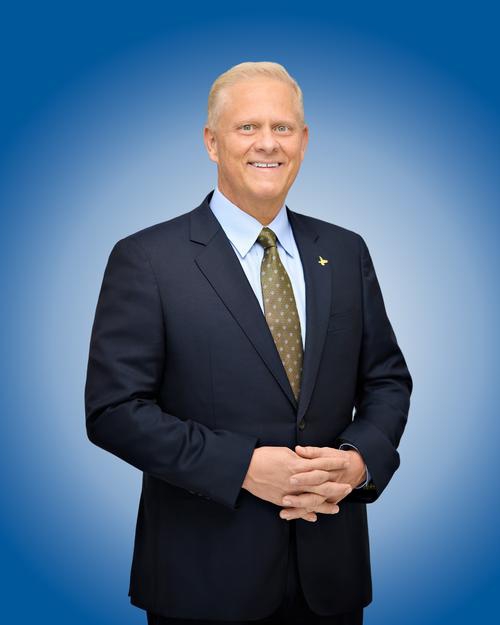Unfortunately there is no cut and dry answer to the above question. First, let's clearly define bully and bystander. A bully is a person who is habitually cruel or overbearing, especially to smaller or weaker people. A bystander is a person who is present at an event without participating in it. Therefore, the bully is causing harm to someone, while the bystander is just watching, usually adding to the bully's excitement.
What most bystanders don't realize is that they can either be a part of the problem or a part of the solution. Bystanders can be a part of the problem by instigating the bully, encouraging the bully, joining in on the bullying, or even just by standing there and doing nothing. Bystanders can be a part of the solution directly by discouraging the bully or redirecting the bully, or they can play a more indirect role by standing up against bullying or by reporting bullying to adults.
Why are there so many bystanders that are part of the problem if it's so easy to be part of the solution? It's called the bystander effect. The bystander effect can be defined as the more people present, the less likely people are to intervene. Many children won't act because they think someone else will.
Statistics say that when children are asked what they should do in a bullying situation, 65% of children say they should do something to stop the bully, however only about 32% of elementary school children and 25% of high school students actually do. The reason for less intervention in high school is, in high school the bullying becomes more sophisticated, subtle, and not so easy to see or stop, where as in elementary school bullying is more physical, therefore easier to see and stop.
Bystanders play a large role in bullying and its success or demise. If there were no bystanders to watch, the bully would most likely stop. If the bullying would stop, we would no longer have a need for National Bullying Prevention Month. Schools are doing their best to help the bully/bystander problem, but parents have the power to help as well.
There are many things parents can do to be sure that their child is part of the solution. For example, encourage your child to tell adults. They don't have to tell who the bully is just inform the adult when and where the bullying is happening. It's also important for parents to be good role models and not to use put-downs or language that insults people based on their sexual orientation, race, or gender. Parents also need to let their children know that it's not tattling when you're helping someone

